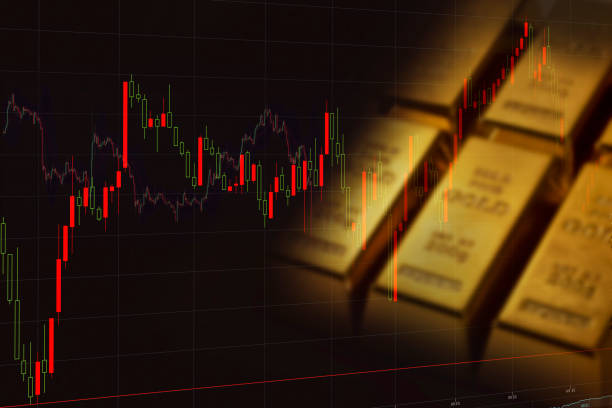Gold prices fell slightly on Monday amid uncertainty over whether the Federal Reserve will hold interest rates steady later this month, while concerns over weakening economic growth pulled copper prices down. The yellow metal fell on Friday after U.S. nonfarm payrolls data read much stronger than expected for May, which posited a hawkish outlook for the Fed as it moves to bring down high inflation. But some Fed officials also suggested last week that the central bank may hold rates steady in June, as it gauges the impact of its monetary tightening measures on the economy over the past year. Regardless of its decision in June, the central bank is most likely to keep rates higher for longer- a scenario that bodes poorly for non-yielding assets such as gold. Strength in the dollar, on the prospect of elevated interest rates, weighed on bullion prices on Monday. Increased risk appetite, after the U.S. government passed a bill to raise the debt ceiling, also kept investors out of risk-averse assets such as gold. Spot gold fell slightly to $1,947.89 an ounce, while gold futures fell 0.3% to $1.963.90 an ounce by 21:14 ET (01:14 GMT). Both instruments were trading close to over two-month lows. Fed Fund futures prices show that markets are pricing in a nearly 80% chance the Fed will keep rates steady in June. But given that recent inflation and labor data read above market expectations, the bank may still hike rates further.

Gold is Still Expected To Benefit From Increased.
safe haven demand this year, especially as global economic conditions worsen amid pressure from high interest rates. But this notion weighed heavily on copper prices, which retreated on Monday. Copper futures fell 0.4% to $3.7180 a pound. A string of weak economic readings from the U.S., Euro Zone and China had battered copper prices in recent weeks, pulling them to six-month lows as markets feared a slowdown in demand for the red metal. Focus this week is on more cues from the world’s largest economies, including trade data from China and U.S. service sector activity.





